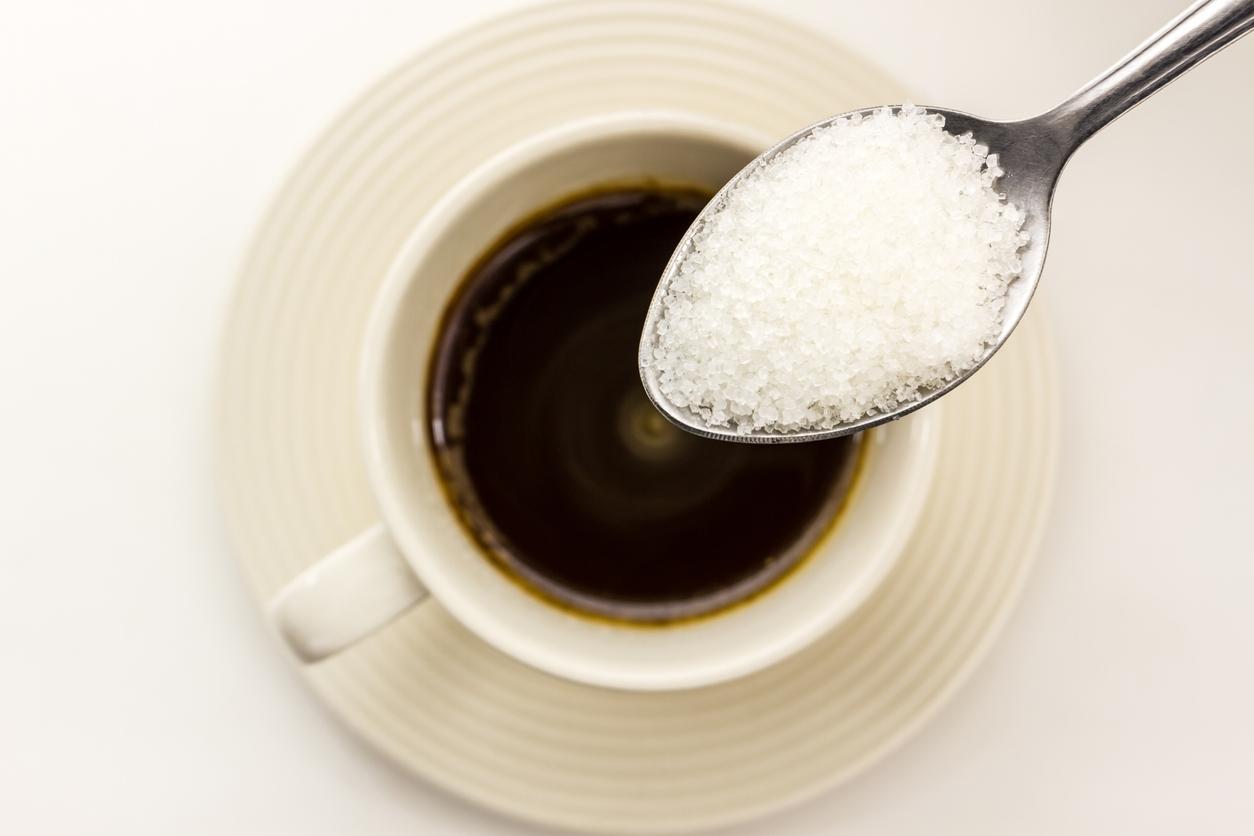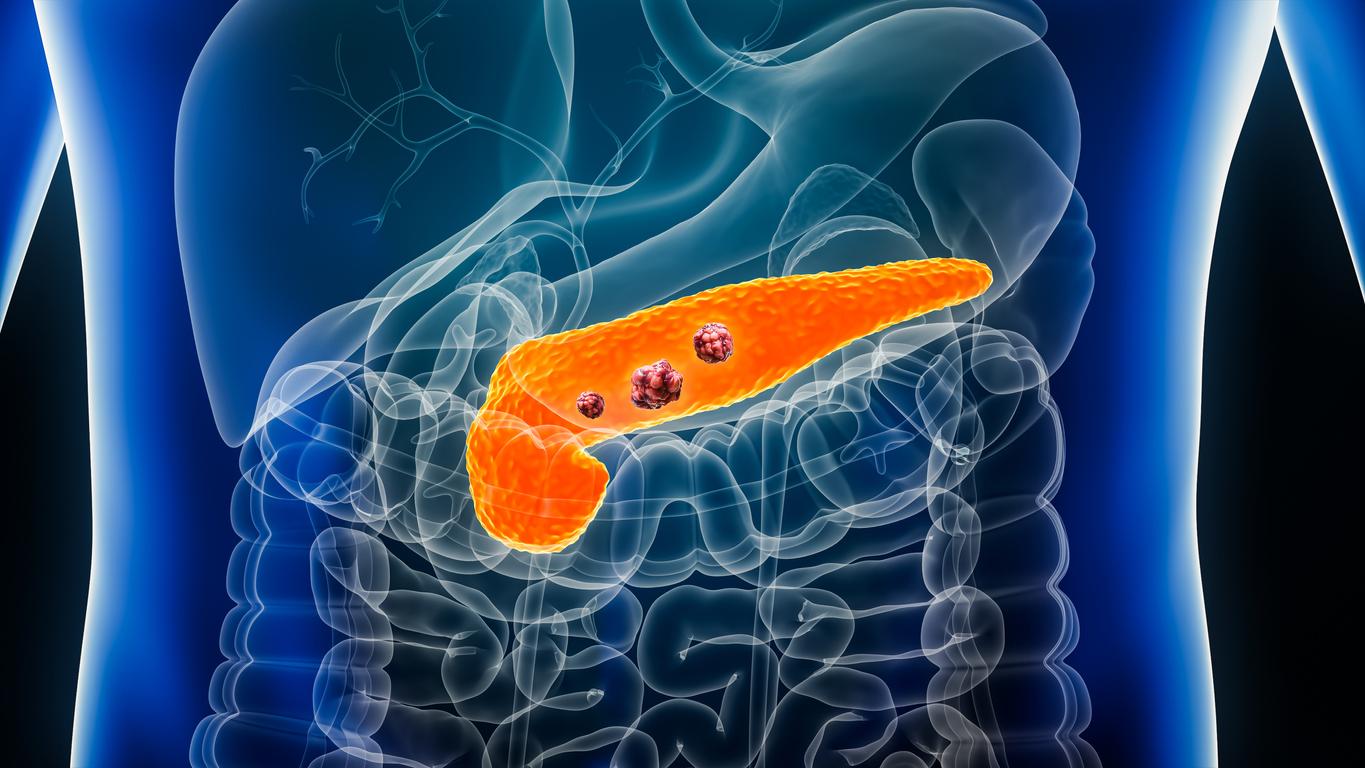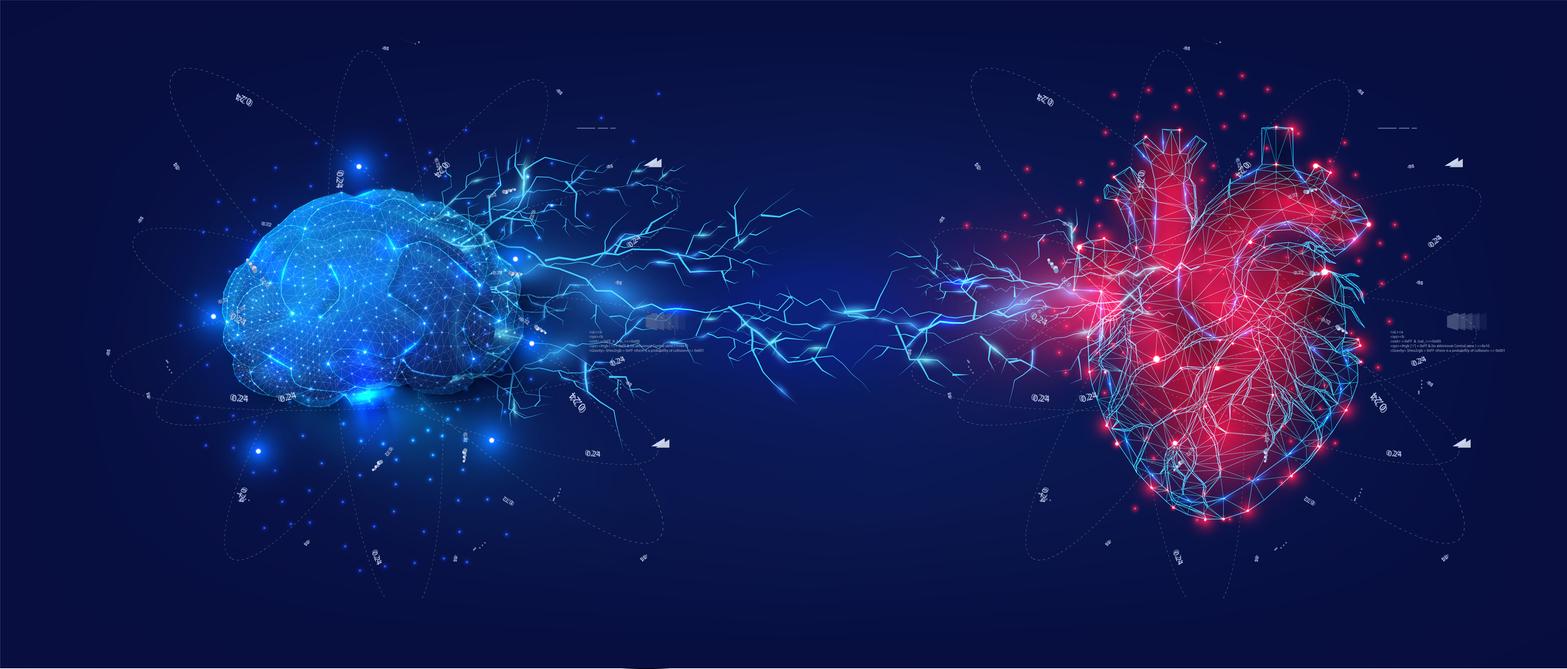Children’s excited behavior toward sugary foods can be attributed to a burst of dopamine released in anticipation of a reward, according to a neuroscientist.

- After reviewing several studies, an Australian neuroscientist claims that sugar has no impact on children’s behavior or cognitive performance.
- The hyperactivity observed by parents after the consumption of sugary foods would be linked to a burst of dopamine, which is released when a reward is expected.
- “Rather than demonizing sugar, we should encourage moderation and balanced eating, teaching children healthy eating habits and fostering a positive relationship with food.”
After eating candy, cookies or drinking soda, children seem to be bursting with energy. This observation made by many parents is consistent with the belief, which has persisted for decades, that consumption of sugary foods and drinks leads to hyperactivity. However, this belief is false, according to Amy Reichelt, a nutritional neuroscientist at the University of Adelaide in Australia. “I can confirm that excessive sugar consumption has no benefit for young minds. (…) Neuroimaging studies show that the brains of children who eat more processed snacks are smaller in volume, particularly in the frontal cortex, than those of children who eat healthier diets. But current scientific evidence does not support the claim that sugar makes children hyperactive.”
Parents’ strong belief may be due to expectations
In a publication of The Conversationshe summarized several studies that have looked at the link between sugar consumption and hyperactivity in children. One of the cohorts examined explains why this myth persists. According to the results, published in the journal Journal of Abnormal Child Psychologyexpecting sugar to change a child’s behavior can influence how we interpret what we see. Specifically, parents in the study were told that their child had been given either a sugary drink or a placebo drink. Those who expected their child to be hyperactive after consuming sugar saw this effect, even though they had only been given the sugar-free placebo.
“Sugar does not affect children’s behavior or cognitive performance”
If any work “wrong”led by Benjamin Feingold, a California pediatrician, showed that his diet, which eliminated certain foods thought to promote ADHD, was effective in reducing hyperactivity in children, many placebo-controlled studies have shown that sugar has no significant impact on children’s behavior or attention span. This is the case, for example, of a cohort published in 1995 in the journal JAMA Network. “The meta-analytic synthesis found that sugar does not affect children’s behavior or cognitive performance,” can be read in the conclusions.
Dopamine Burst Causes Hyperactivity in Children?
The neuroscientist explained that the children’s excited behavior could be linked to a burst of dopamine. “The brain releases dopamine when a reward is expected, such as an unexpected sweet treat. (…) Dopamine function is also closely linked to ADHD, which is thought to be due to decreased dopamine receptor function in the brain.”
So, even though sugar does not make children hyperactive, they should not consume too much of it, as it can affect their physical and mental health. “Rather than demonising sugar, we should encourage moderation and balanced eating, teaching children healthy eating habits and fostering a positive relationship with food. (…) Viewing sugary foods as rewards can make them highly valued by young people. Sugar-free rewards also have this effect, so it’s a good idea to use stickers, toys or a fun activity to encourage positive behaviour,” concluded Amy Reichelt.
















